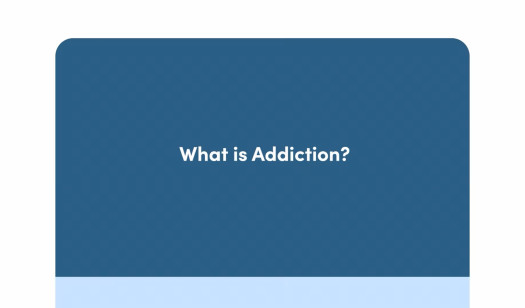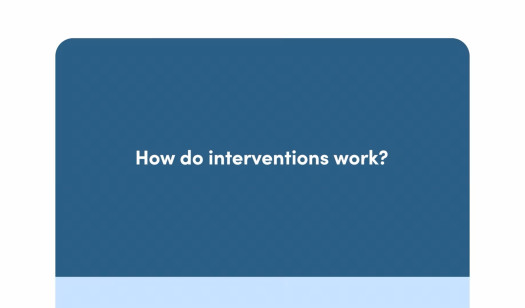videos
Introduction

The introduction includes an overview of addiction and codependency as well as a list of several types of addiction and what is required to put addiction into remission. It presents a new family-centered treatment approach, Family Recovery Therapy, described in the book Addiction Therapy and Treatment: A Systems Approach.
What is Codependency?
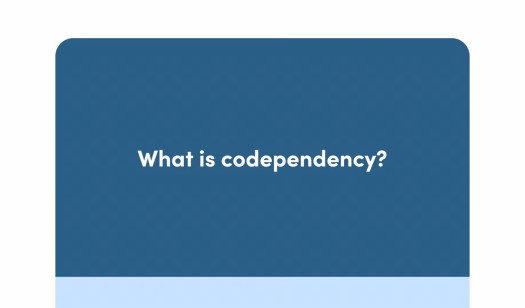
This video presents several ways of looking at codependency. It describes the difference between the interdependency common to healthy relationships and the codependency that can develop when relationships become skewed, and explains how codependency and addiction are interlinked.
How to Put Addiction Into Remission
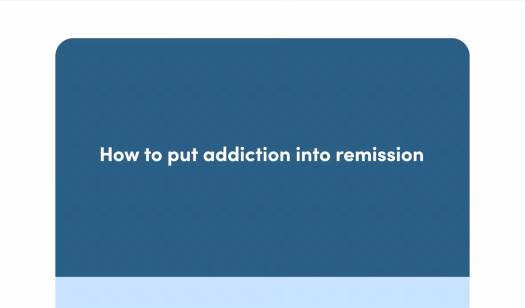
For an individual to put their addiction into remission, they need to acknowledge they have a problem, ask for help, and follow the suggestions. Among these suggestions are refraining from their addictive behavior, attending social support groups, participating in family and individual therapy, and continuing to get ongoing recovery support beyond the first year of treatment.
Treatment for Codependency
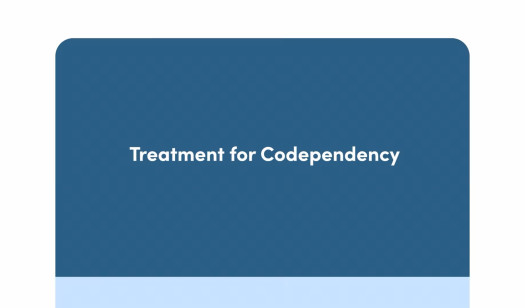
This video describes the basic components of codependency treatment, including education about codependency and addiction, self-care, attending social support groups, seeking help from a therapist trained in Family Recovery Therapy, and following the suggestions from the therapist and the guidance received from the social support groups.
History of Addiction Treatment
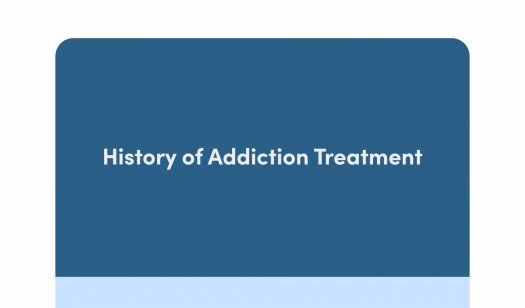
This video describes how addiction treatment has evolved in conjunction with advances in mental health and medicine and highlights the contribution of social support groups to treatment. It summarizes the progress made in the field of addiction treatment over the past 80 years and underscores the fact that the currently prevalent addict-focused addiction treatment model fails 50% of the time.
Cost of Treatment
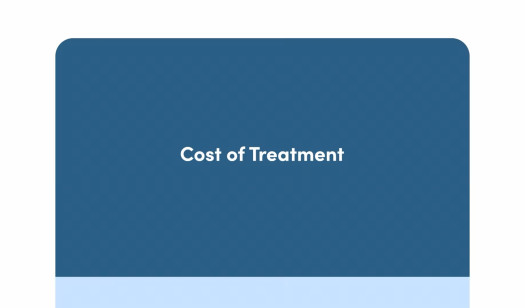
There is a very high cost to not treating addiction. Family Recovery Therapy is more cost-effective than the currently widespread addict-focused approach to treatment. Furthermore, a therapist certified in Family Recovery Therapy can offer suggestions that are low or no-cost alternatives to traditional addiction treatment. As with all mental illnesses, treatment saves money in the long term as clients regain health and become contributing members of the community.
Social Support Groups
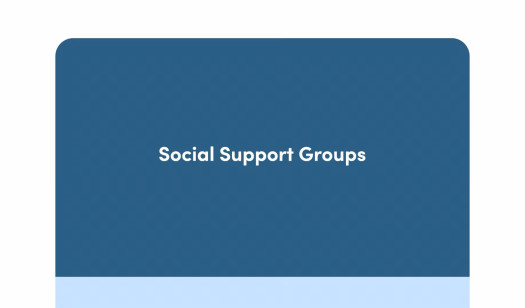
Social Support Groups provide a community of peers who support each other in healing from an affliction they share in common, whether addiction or codependency. Individuals attending social support groups receive encouragement, guidance, and hope. While many types of social support groups exist and are listed in this video,12-Step groups are the most available, and there are 12-Step groups that support recovery from many addictions.
The “God” Word

The mention of God, or of Higher Power, in 12-Step literature has put off many people who have inferred that 12-Step programs are religious. They are not. This video clarifies that 12-Step programs are spiritual, not religious, that they are founded on solid ethical and moral values, they encourage reliance on resources beyond the individual’s ego, and they suggest that members can gradually develop more positive attitudes and perspectives through 12-Step participation.
How Do You Find an FRT Therapist?
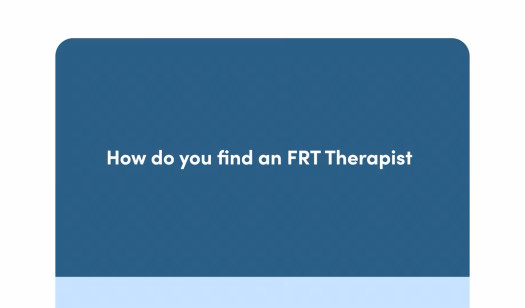
Certified therapists in Family Recovery Therapy are listed on our website, and the list of FRT therapists will expand as more therapists become certified in Family Recovery Therapy. However, if you get the book Addiction Therapy and Treatment: A Systems Approach, you can approach a good family therapist in your area and ask if they will work with your family system using the guidelines in the book.
Addiction in Children
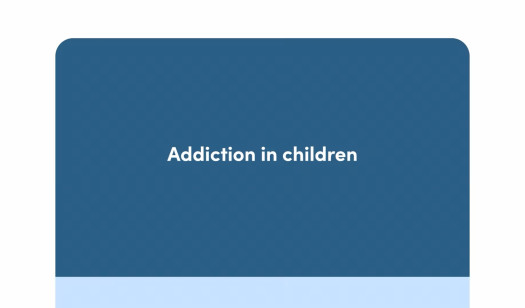
It's a parent’s responsibility to protect the health and safety of their children. Prevention and early detection are essential to safeguarding children from addiction. It is crucial to distinguish experimentation from regular use or overuse, and it is wise to talk with an addiction-trained family therapist if you are concerned and/or need help establishing healthy boundaries for your kids.
